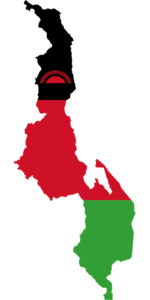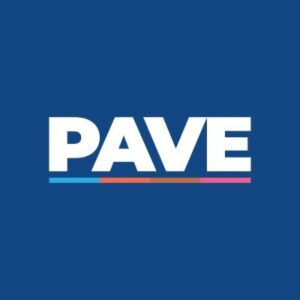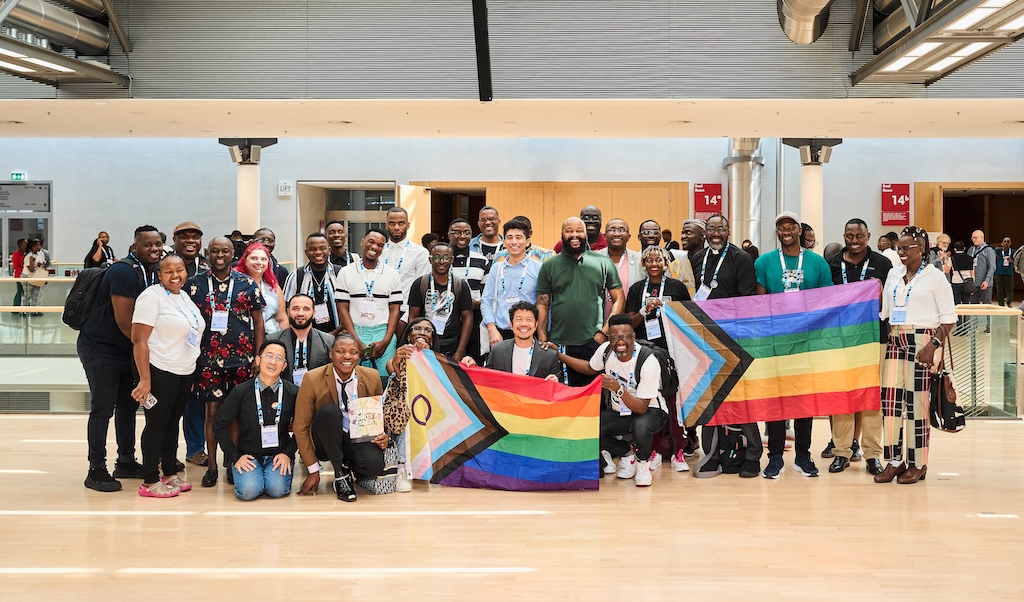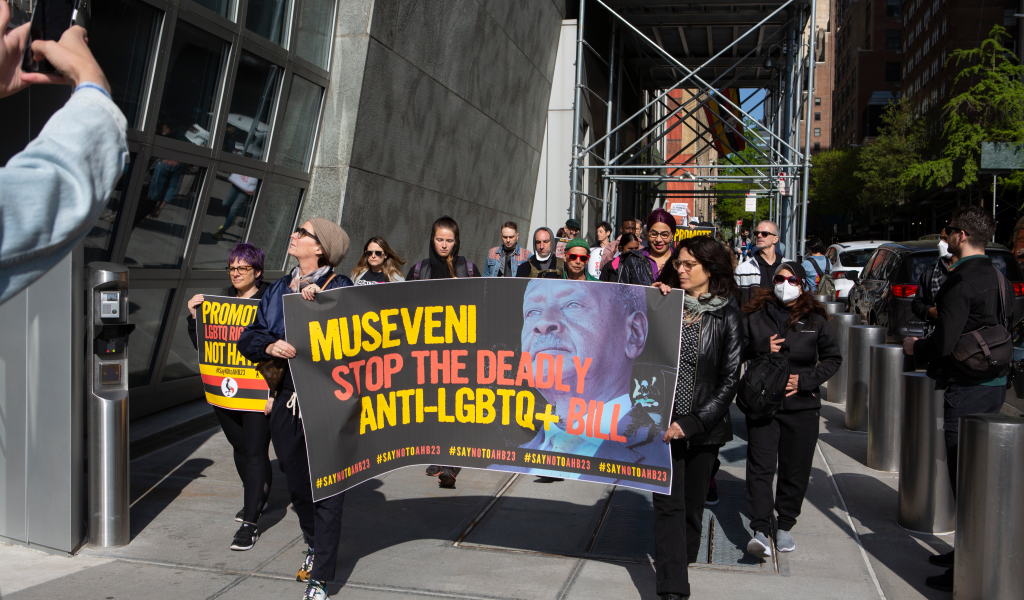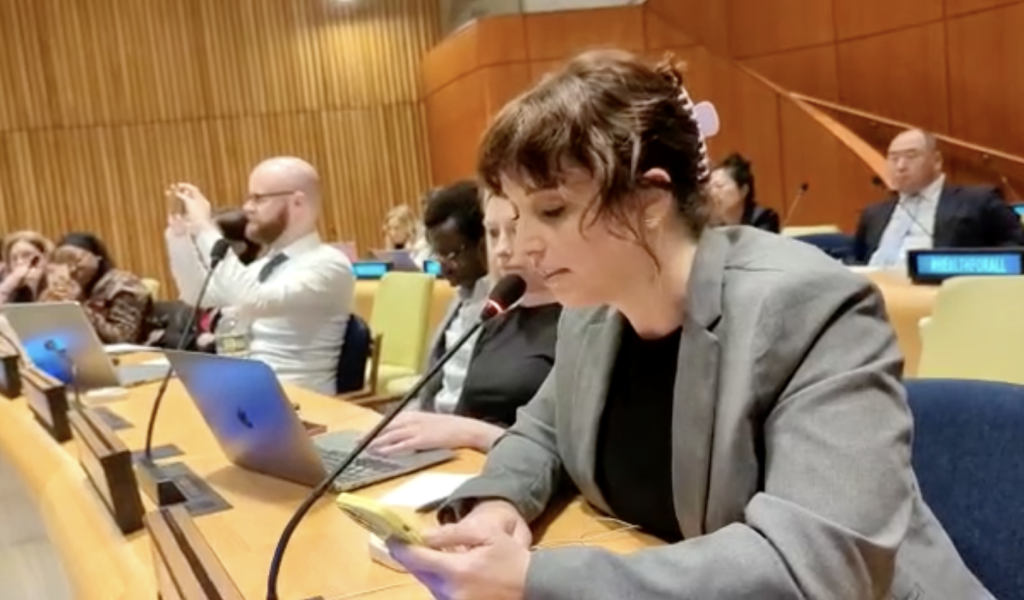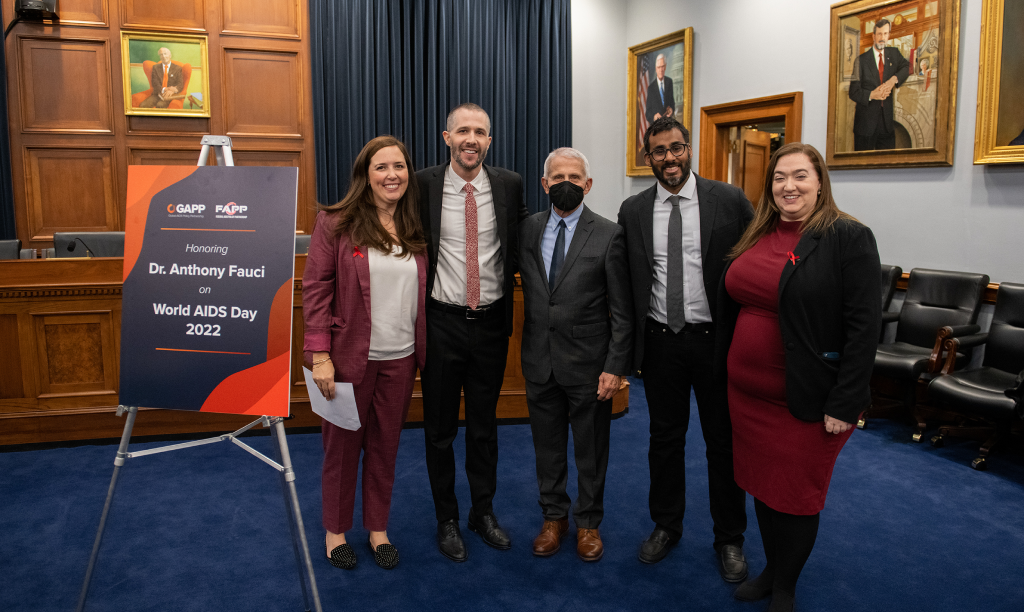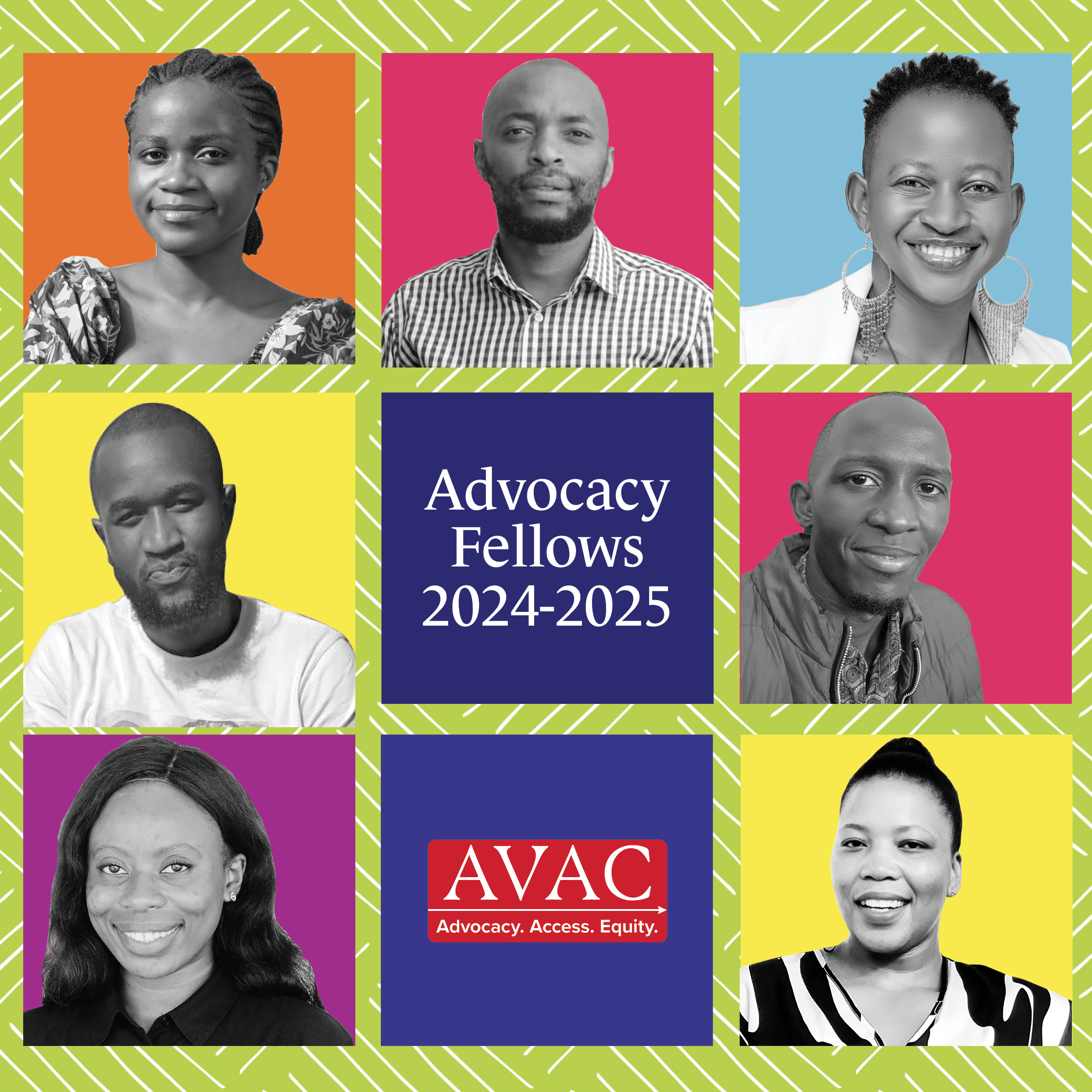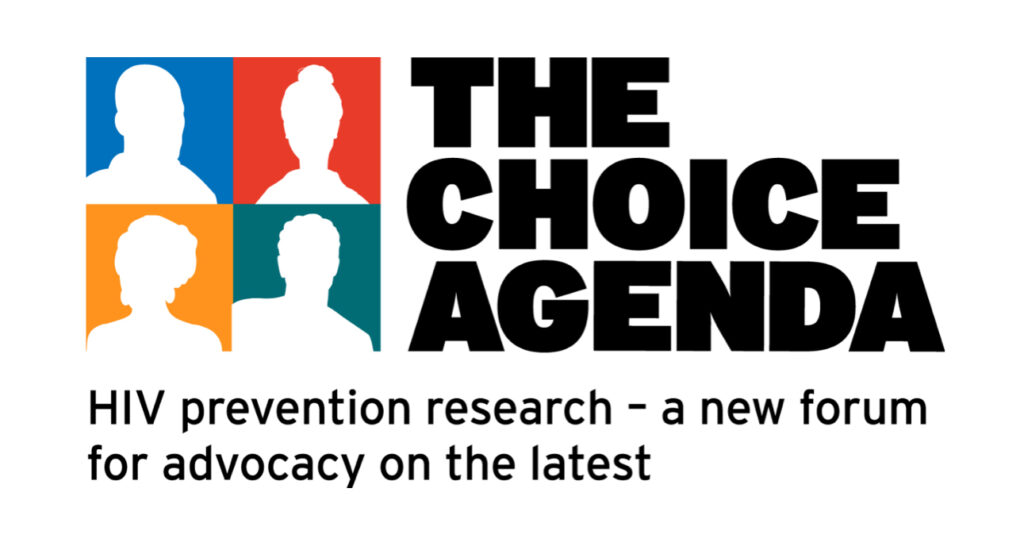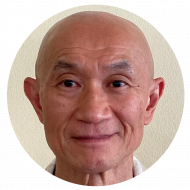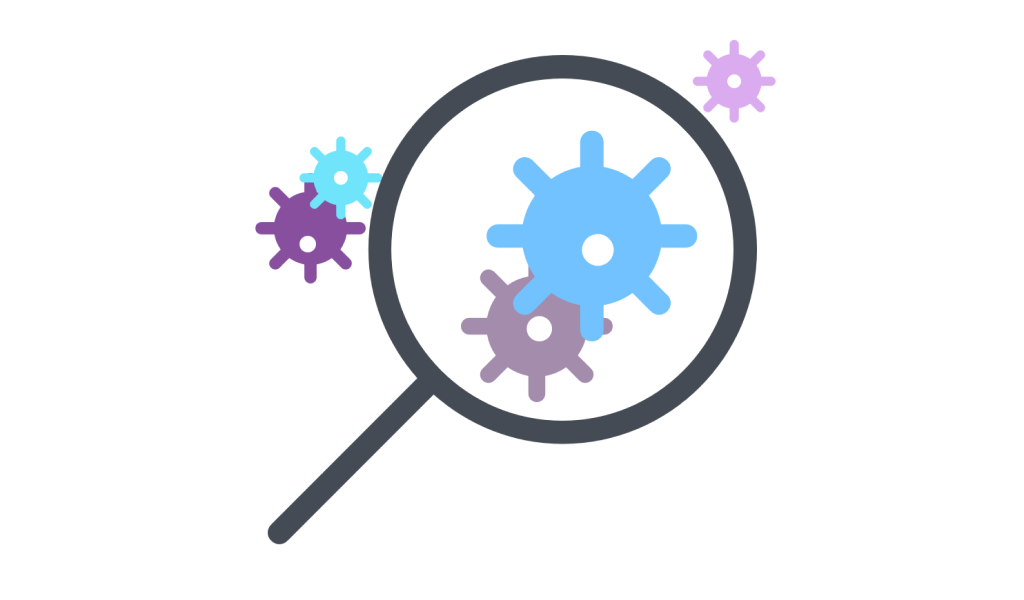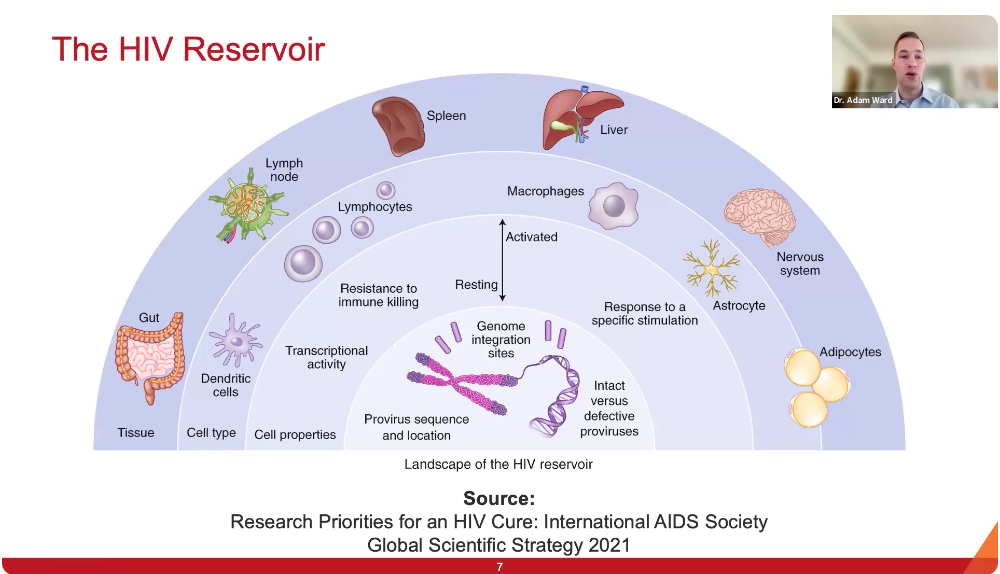
Partner Spotlight
Advocacy-for-a-Cure alumni are leading efforts to combat misinformation around HIV cure globally.
Doreen Maraa and Skegabo Seselamarumo are utilizing their influence with young people to combat rumors around HIV cure and disseminate accurate information around the state of HIV cure science in Africa. Both women engage with leading researchers on their social media platforms and help connect scientific advances to everyday lives. Doreen’s pediatric video series from CROI has reached over 100,000 people on TikTok, shedding light on the differences and importance of curing perinatal HIV. Both women are leading voices for young people to turn to for information.
Josephine Nabukenya, Miles of Smiles Executive Director, created The Series of Jojo, that goes through the HIV life cycle and strategies to cure HIV. She is currently working on two new animated videos focused on antibodies as a cure strategy and analytic treatment interruptions. Her culturally tailored videos ensure information regarding upcoming clinical research is accessible.
Finding strategies for a durable cure for those living with HIV is core to ending the epidemic. Cure research has entered a dynamic period, with new scientific discoveries advancing our understanding of immune control as well as potential pathways for eradication. Cure research, development and advocacy are integral to the HIV response, and a critical element of the HIV-prevention-and-treatment continuum. It’s vital for advocates to understand the science of cure and to champion equity in research, development and, ultimately, access to the cure interventions of the future.
AVAC’s Cure Initiatives
AVAC has supported HIV cure research and advocacy for 10 years, helping to shape a research agenda that centers the priorities of informed communities. AVAC’s investment in research translation and support for cure advocates reflects a commitment to advancing HIV cure research that is community-centered, ethically based and scientifically rigorous. AVAC has supported the advancement of cure science in three areas:
- Creating new tools for science translation and cure literacy.
- Supporting a cadre of informed cure science champions.
- Providing an enabling environment for research.
Creating Tools for Cure Literacy
Understanding the basic science and strategies underpinning research for an HIV cure is both complex and essential. Accurate information on the promise and the challenges in cure research enables all stakeholders, including affected communities, to engage with critical questions facing the field. AVAC contributes literacy tools on the fundamentals of the science and challenges driving the field forward. A generation of community-based advocates who are focused on cure research rely on these tools to stay up-to-date and prepared.
- Language for an HIV Cure — this document shares up-to-date, community-preferred terminology within cure research.
- Strategies Toward an HIV Cure — a poster showcasing different approaches toward HIV cure development
- Sex & HIV Cure Research — a poster outlining how sex differences impact the possibility of an HIV cure
- HIV Cure and the Environment — a webinar recording discussing how the environment may impact HIV cure strategies
Fostering Advocacy Champions for HIV Cure Research
Progress in HIV cure research must be supported and guided by an advocacy agenda that puts communities first. With a cadre of knowledgeable and passionate advocates engaged in cure research and development, trials can be designed to successfully test strategies that align with community needs. Cure advocates play a crucial role in ensuring the fruits of science will be understood and accepted by the communities most affected by HIV. AVAC’s investment in cure champions includes:
Advocacy-For-A-Cure Academy
Co-hosted by AVAC and the International AIDS Society, The Advocacy-For-Cure Academy identifies and nurtures advocates to fight effectively for the development of supportive research environments and the ethical involvement of impacted communities in clinical research. Leading cure researchers and academy attendees, explore current strategies under investigation, population specific considerations and effective strategies for translating the science to a variety of stakeholders. They consider the challenges in cure research, approaches to broad stakeholder engagement, and an advocacy agenda to accelerate the design, social acceptability, and rapid adoption of HIV-cure products. Learn more.
The Martin Delaney Collaboratories for HIV Cure Research (MDC)
The NIH’s Martin Delaney Collaboratories for HIV Cure Research foster dynamic, multidisciplinary collaborations among academic researchers, industry, government, and community partners to pursue cure strategies for HIV. AVAC leads community engagement for three of ten collaboratories, including the REACH, PAVE and I4C, supporting advocates and communities to play their part to ensure ethical cure research moves forward.
The African HIV Cure Consortia includes six partners (AVAC, African Alliance, HCAAP, GGTI, IAS, SANTHE) working together to accelerate HIV cure research in Africa.
Enabling Environment for Research
HIV cure research requires expensive laboratory equipment, policies that support collaboration between research facilities and industry, and accessible prevention & treatment programs. Advocates need to work with donors and policymakers to sustain funding and promote basic and translational science.
Advocates from The African HIV Cure Consortia, MDC and the Advocacy-For-A-Cure Academy— as well as other advocates who depend on AVAC’s cure resources to understand the issues— contribute time and expertise to influence policy and funding decisions that advance cure research.

